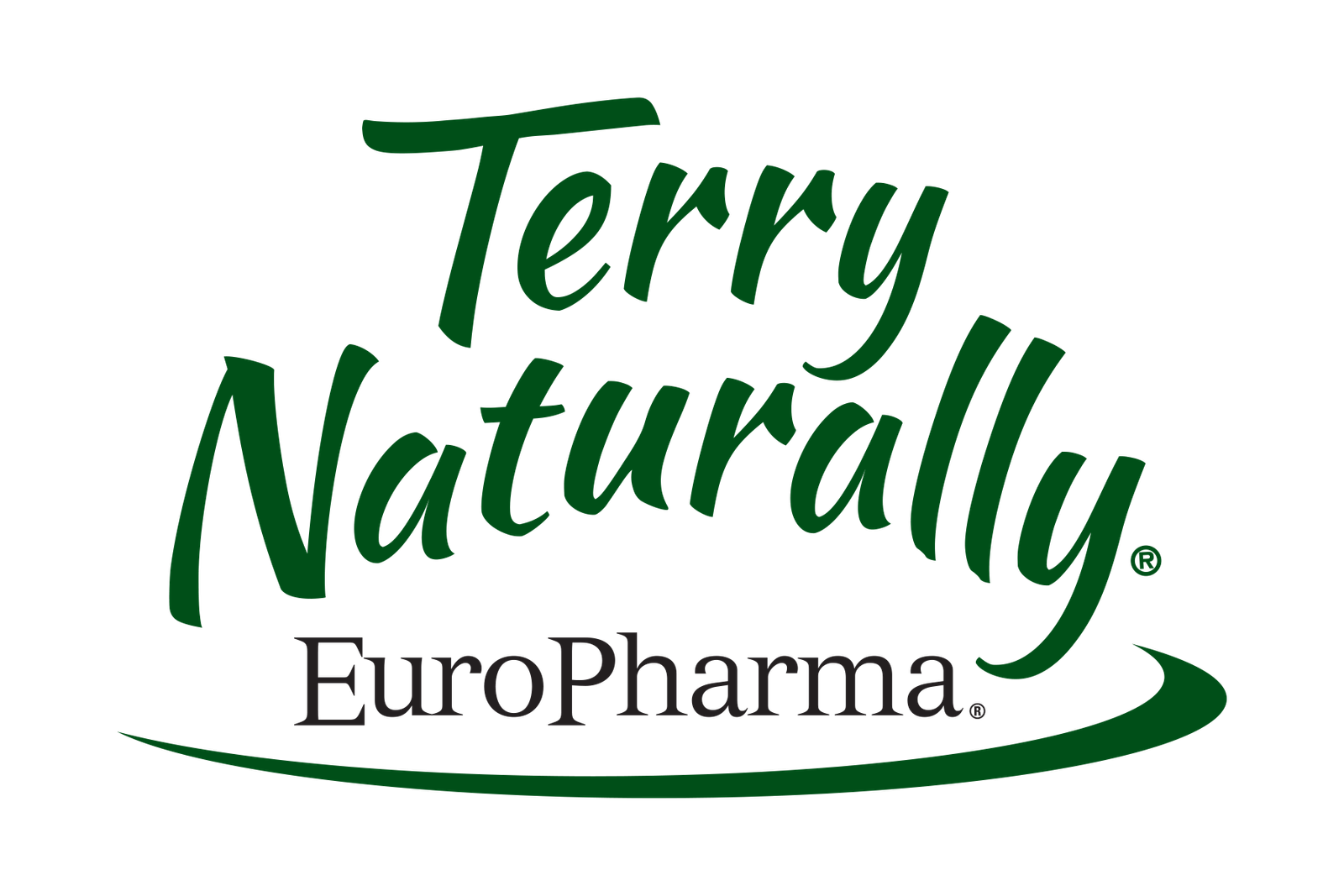Navigating Non-GMO Products: A Consumer’s Guide
In today’s food landscape, consumers are increasingly conscious of the quality and origins of the products they consume. At Healthy Habits, we understand the importance of transparent and natural food options, which is why we guide our customers in navigating and embracing non-GMO (Genetically Modified Organism) products. Understanding what non-GMO means, why it matters, and how to identify such products is essential for making informed and health-conscious choices. Let’s delve into a comprehensive guide to navigating non-GMO products as a consumer.
What Does Non-GMO Mean?
Non-GMO refers to products that do not contain genetically modified organisms. These organisms have had their genetic material altered through genetic engineering techniques, which can raise concerns about potential health and environmental risks. Choosing non-GMO products is often associated with supporting sustainable agriculture practices and promoting food transparency.
Why Choose Non-GMO?
Opting for non-GMO products is a personal choice that aligns with various values and concerns. Some reasons consumers prefer non-GMO options include:
- Health Benefits: Many believe that non-GMO foods are more natural and may offer health advantages.
- Environmental Considerations: Choosing non-GMO supports biodiversity and sustainable agriculture practices.
- Food Transparency: Non-GMO labeling provides clarity and empowers consumers to make informed decisions about their food choices.
Identifying Non-GMO Products
Navigating the aisles of grocery stores can be overwhelming with numerous product options. To identify non-GMO products, look for labels that indicate the product is certified non-GMO by reputable organizations like the Non-GMO Project. Additionally, familiarize yourself with common genetically modified ingredients to make educated choices.
Tips for Choosing Non-GMO
- Prioritize Whole Foods: Fresh fruits, vegetables, and whole grains are naturally non-GMO.
- Check Labels: Look for certifications or claims of non-GMO on packaging.
- Support Local and Organic: Farmers’ markets and organic farms often offer non-GMO options.
Embracing a Non-GMO Lifestyle
By incorporating non-GMO products into your diet, you can support sustainable agriculture, promote food transparency, and make choices that resonate with your values. Join the movement towards a healthier and more conscious lifestyle by navigating the world of non-GMO products with confidence and purpose.
Conclusion
Navigating non-GMO products as a consumer involves understanding the significance of non-GMO, why it matters, how to identify such products, and tips for making informed choices. By choosing non-GMO options, you not only prioritize your health but also contribute to a more sustainable and transparent food system. At Healthy Habits, we empower our customers to make informed decisions and embrace non-GMO products as part of a holistic approach to well-being. Your choices matter, for your well-being and the well-being of the planet.






















